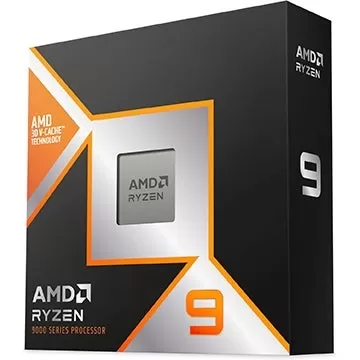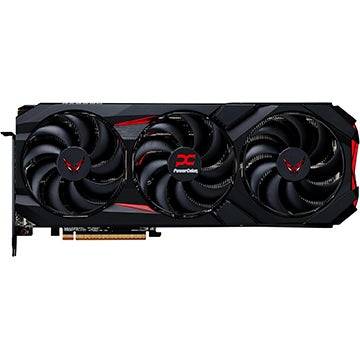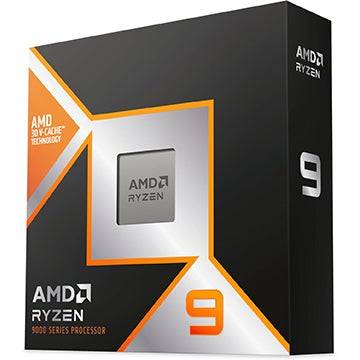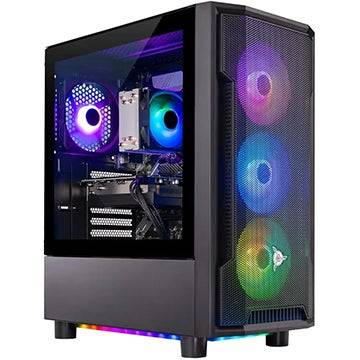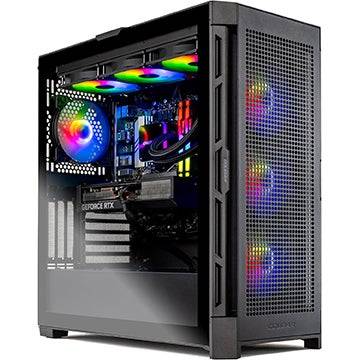AMD Ryzen 9 9950X3D: Performance Analysis
Just a few months after the AMD Ryzen 7 9800X3D made its debut, the AMD Ryzen 9 9950X3D steps into the spotlight, bringing its 3D V-Cache technology to a 16-core, 32-thread gaming processor. This powerhouse is designed to pair seamlessly with high-end graphics cards like the Nvidia RTX 5090 or future releases. While it's certainly overkill for most users, it delivers unparalleled performance for those building top-tier gaming rigs.
However, this level of performance comes at a steep price of $699, along with a 170W power budget. This makes the Ryzen 9 9950X3D a tough sell for anyone not aiming to construct an exceptionally powerful and costly gaming PC. For the majority of users, the Ryzen 7 9800X3D remains a more practical choice.
Purchasing Guide
The AMD Ryzen 9 9950X3D will be available starting March 12, with a suggested retail price of $699. Keep in mind that AMD's processor prices can vary based on market demand.
AMD Ryzen 9 9950X3D – Photos
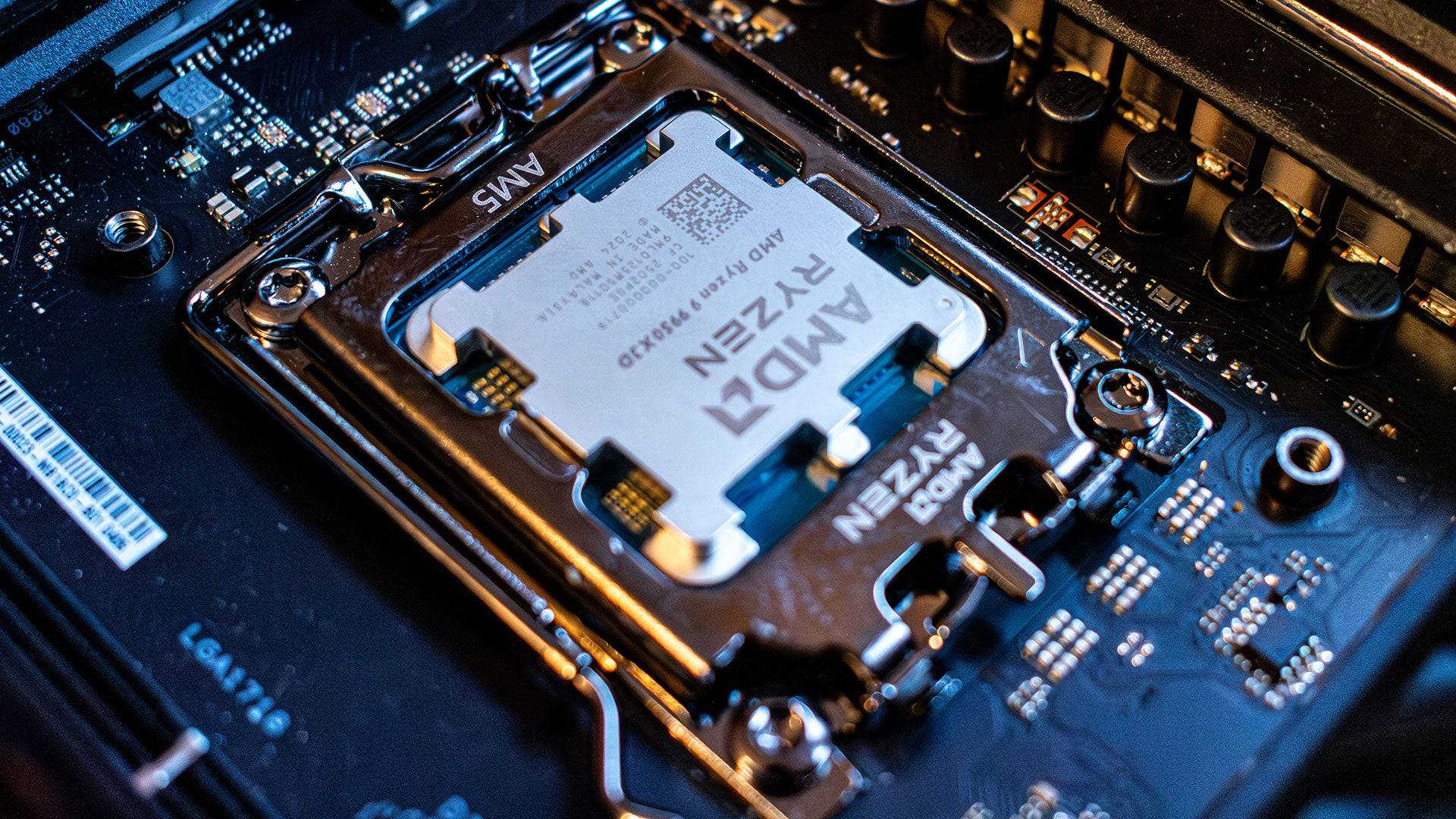
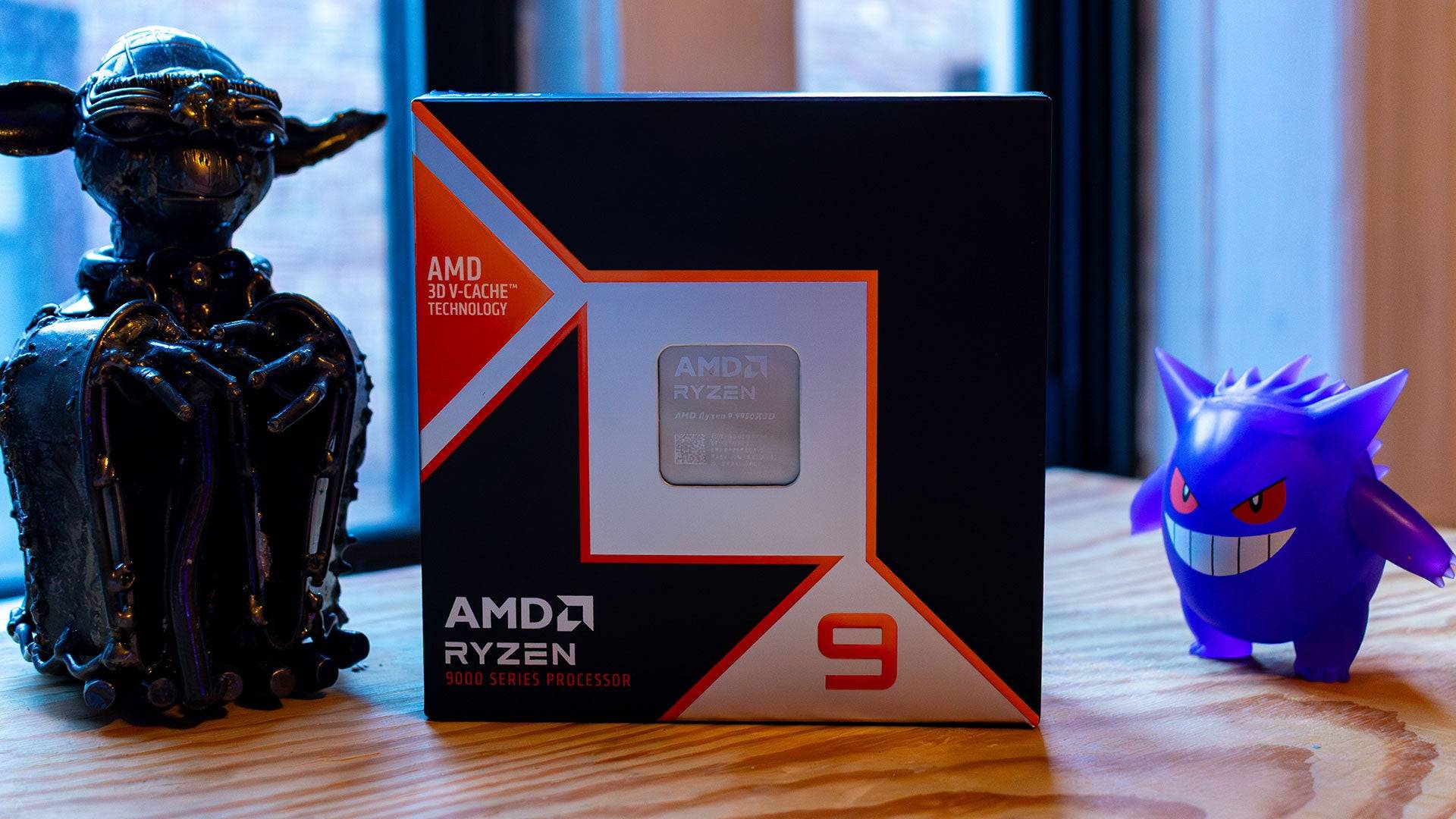 3 Images
3 Images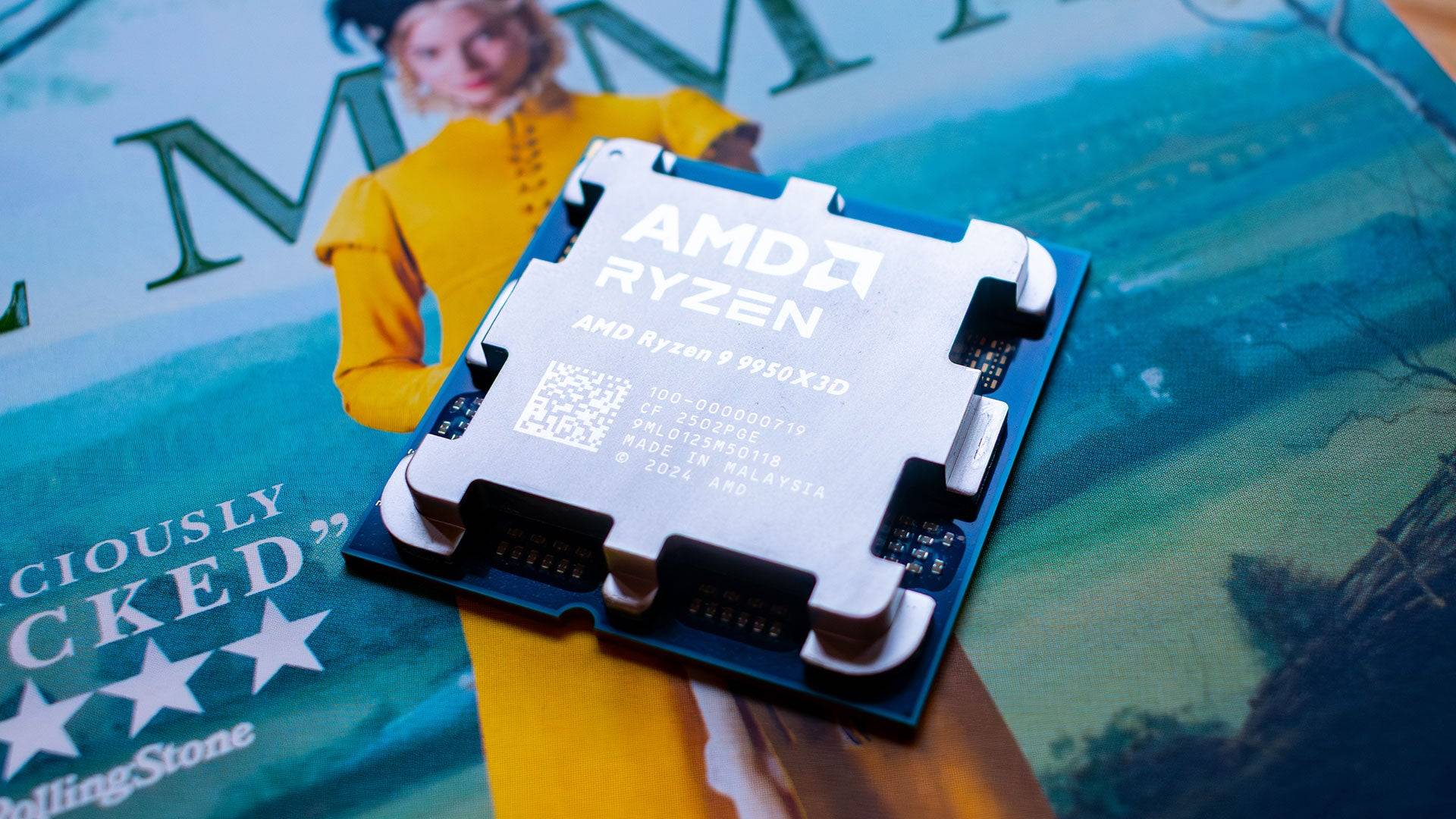
Specs and Features
The AMD Ryzen 9 9950X3D leverages the same Zen 5 cores as the standard 9950X but incorporates the advanced 2nd-generation 3D V-Cache technology from the Ryzen 7 9800X3D. This combination ensures not only robust multi-core performance but also enhanced gaming capabilities due to a significantly larger cache.
A notable design change from its predecessor, the Ryzen 9 7950X3D, is the positioning of the 3D V-Cache directly beneath the CPU cores. This adjustment not only improves thermal efficiency by placing the Core Complex Die (CCD) closer to the Integrated Heat Spreader (IHS) for better heat dissipation but also reduces data travel distance, minimizing latency. The 9950X3D boasts an impressive 144MB of combined L2 and L3 cache, matching the previous generation's capacity but surpassing that of non-X3D processors.
Both the Ryzen 9 9950X and 9950X3D share a 170W TDP, although the original 9950X has a higher potential Peak Power Target (PPT). In my testing, both processors reached a peak power consumption of 200W. However, the 9950X3D maintained a lower peak temperature of 79°C, thanks to testing on a different cooler than the 9950X.
Fortunately, the 9950X3D is compatible with existing AM5 AMD motherboards, and AMD has committed to supporting this socket until at least 2027, ensuring long-term platform viability.
AMD Ryzen 9 9950X3D – Benchmarks
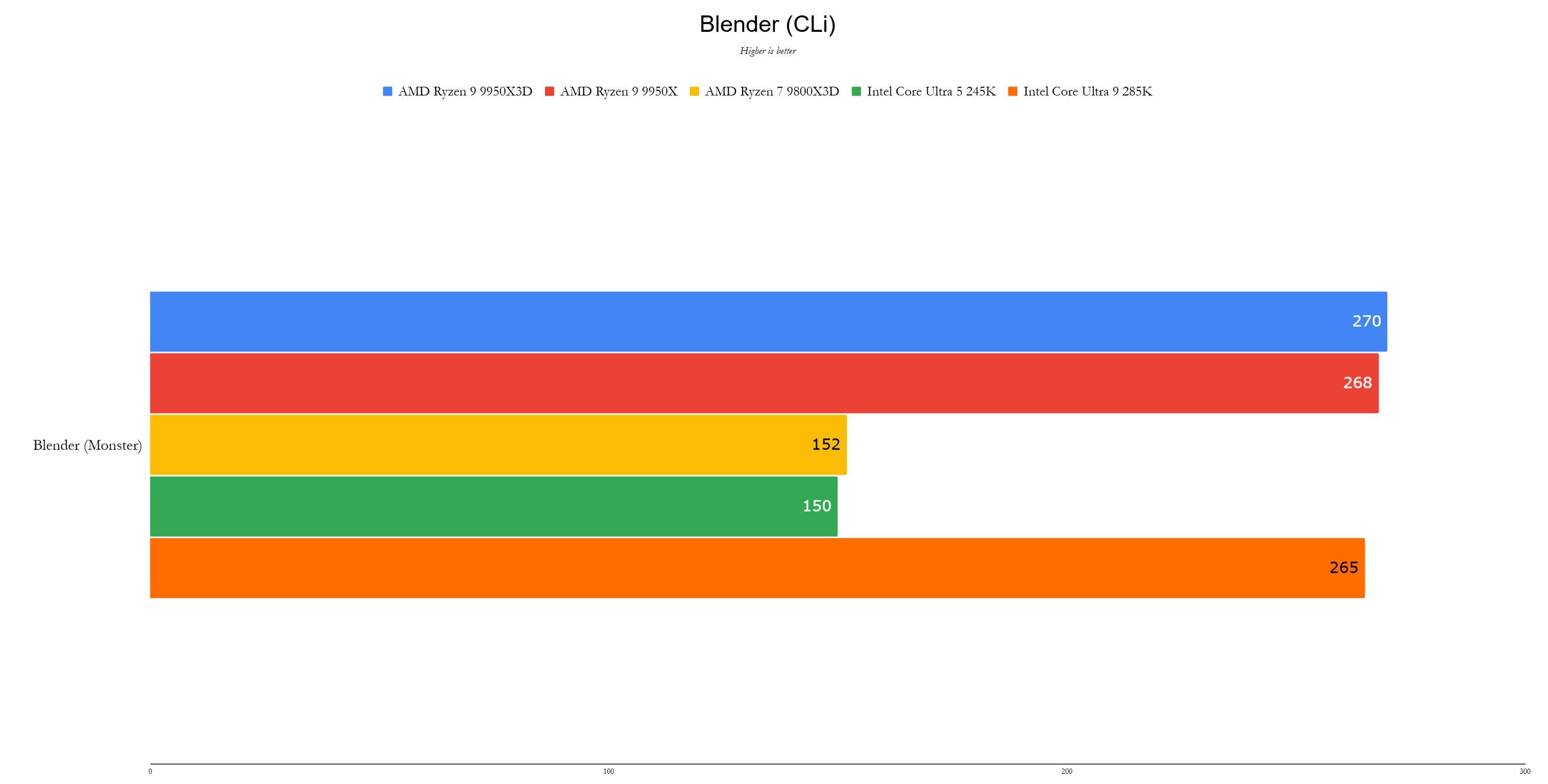
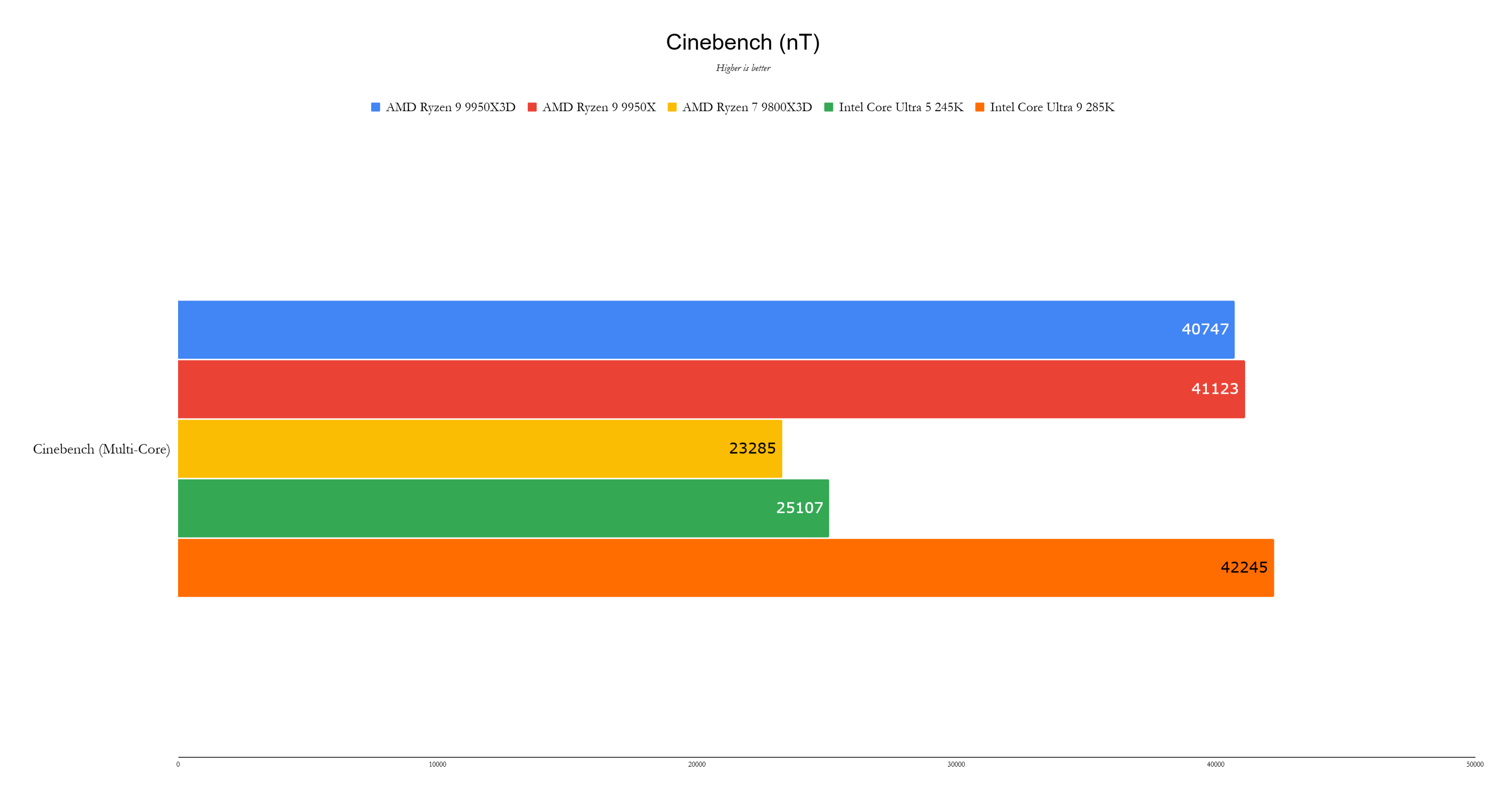 11 Images
11 Images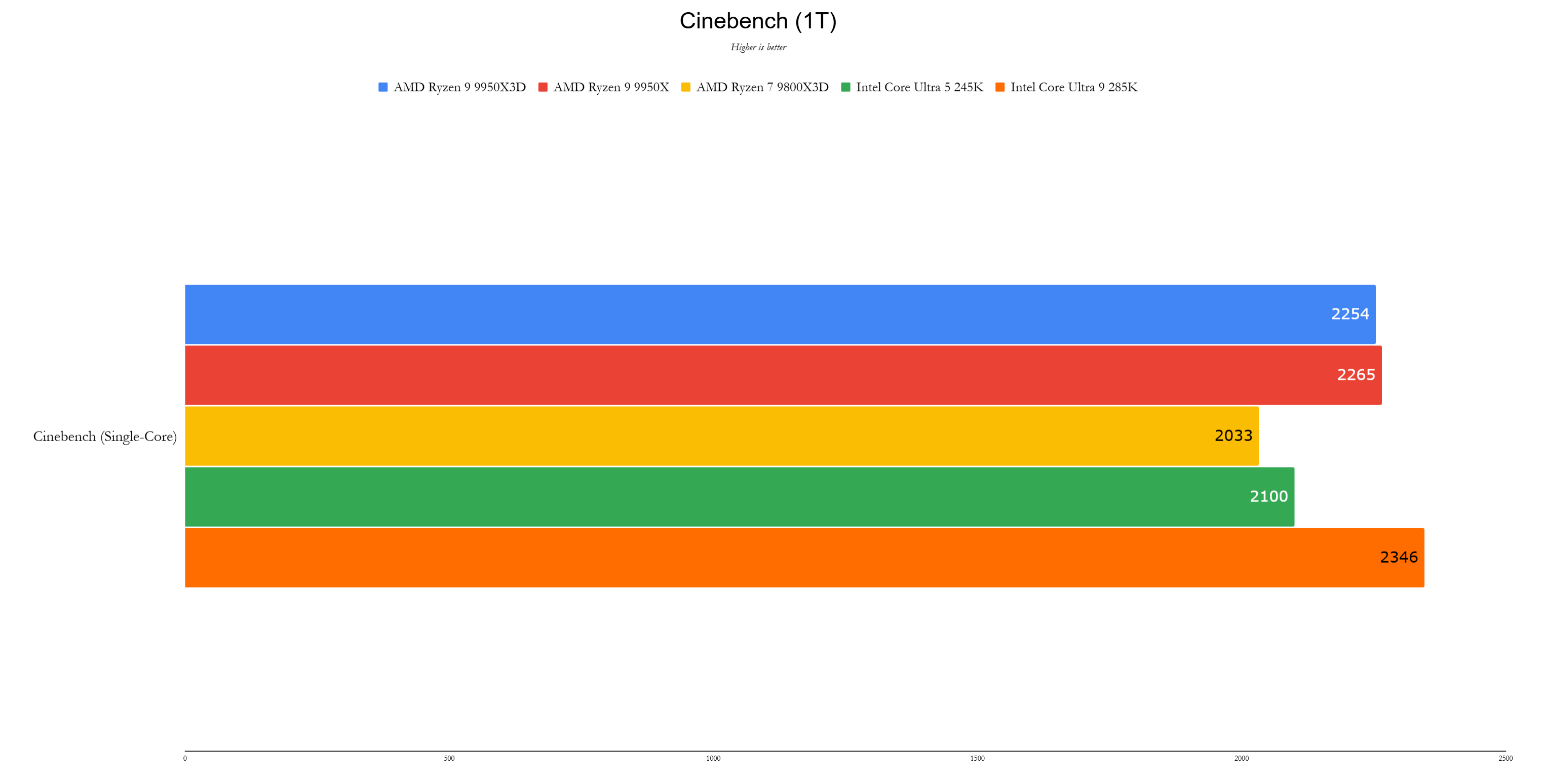
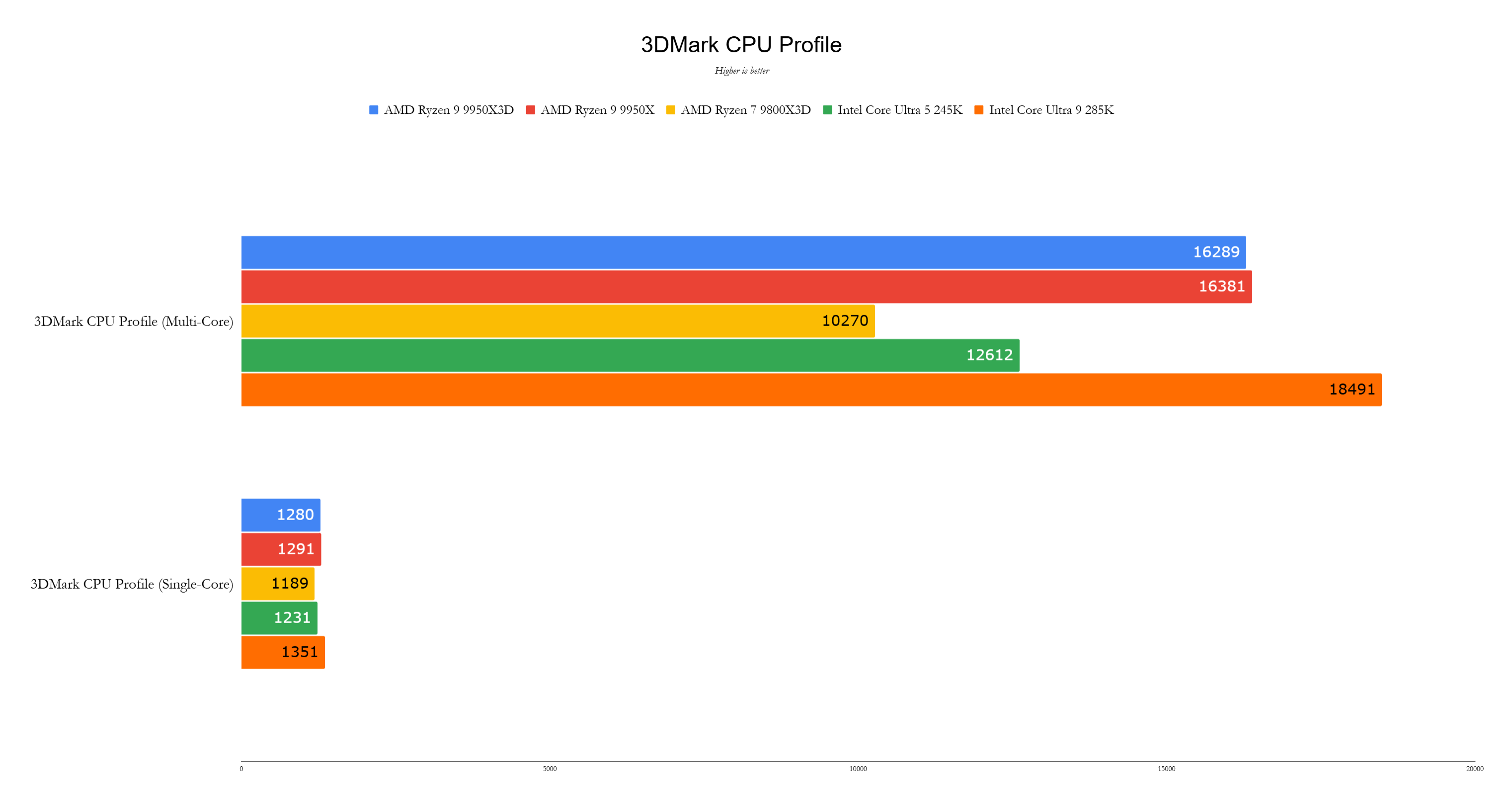
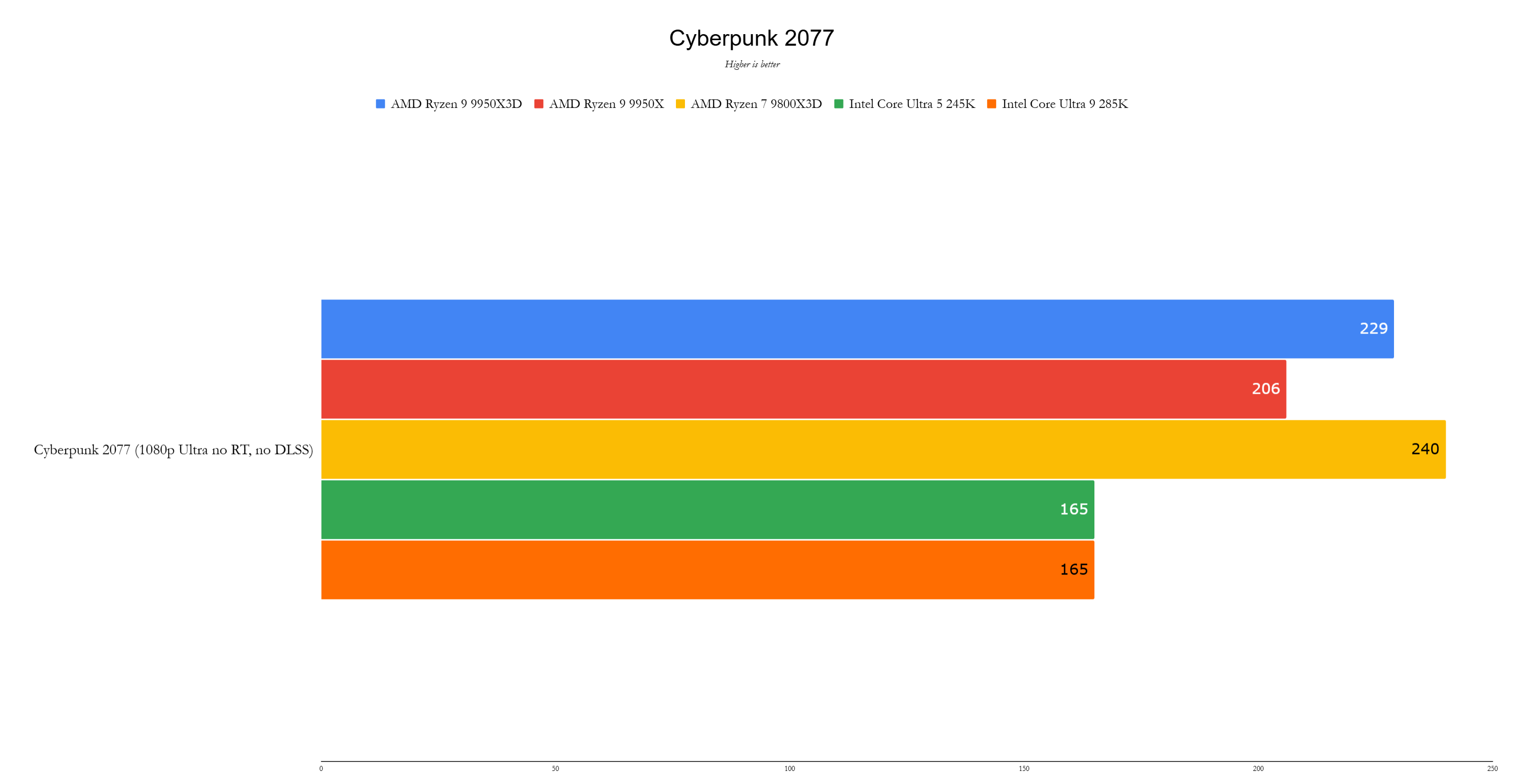
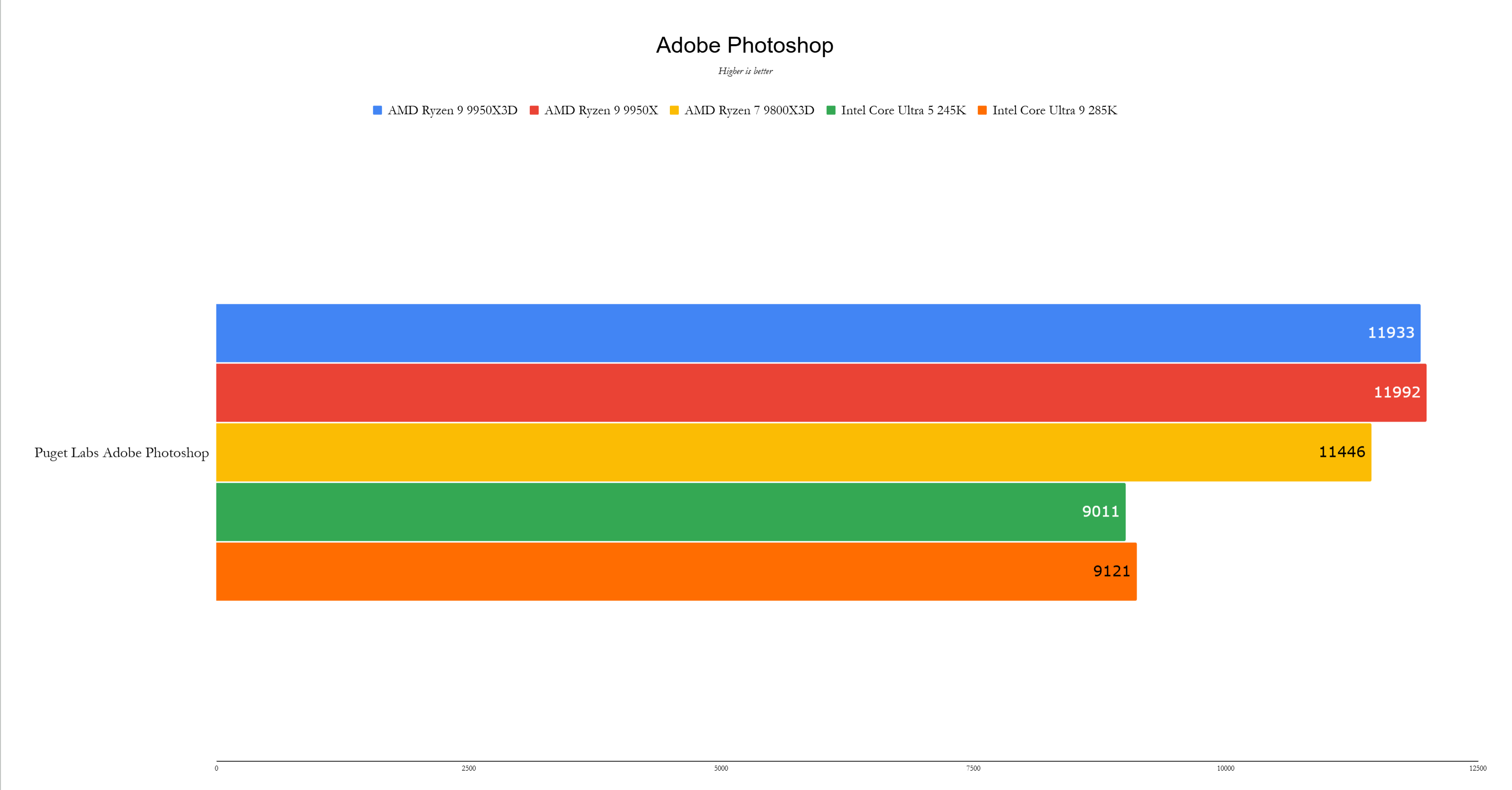
Performance
Before delving into the performance metrics, it's important to note that all CPUs were tested on identical hardware, with the exception of the Ryzen 9 9950X, which was tested on an Asus ROG Crosshair X670E Hero motherboard with a Corsair H170i 360mm AIO cooler. Although this variance might affect results slightly, the impact is minimal since all tests were conducted at stock settings.
AMD Test bench:
GPU: Nvidia GeForce RTX 4090
Motherboard: Asus ROG Crosshair X670E Hero; Asus ROG Crosshair X870E Hero (9800X3D)
RAM: 32GB G.Skill Trident Z5 Neo @ 6,000MHz
SSD: 1TB PNY CS3140 Gen4x4 NVMe SSD
CPU Cooler: Asus ROG Ryujin III 360 ARGB Extreme
A minor hiccup occurred when one of the mounting screws for the Asus ROG Ryujin III 360mm cooler broke while switching to the 9950X. I plan to retest the processors soon, and any significant changes will be reflected in an update to this section.
With its 16 cores, 32 threads, and a massive 144MB cache, the AMD Ryzen 9 9950X3D is a behemoth in the gaming CPU arena. It excels not just in gaming but also in creative workloads where the Ryzen 7 9800X3D might lag behind.
Intel Test Bench:
GPU: Nvidia GeForce RTX 4090
Motherboard: Asus ROG Maximus Z890 Hero (200S); Asus Prime Z790-A (14th-Gen)
RAM: 32GB Corsair Vengeance DDR5 @ 6,000MHz
SSD: PNY CS3140 1TB Gen 4 x 4 NVMe SSD
CPU Cooler: Asus ROG Ryujin III 360 ARGB Extreme
The 9950X3D performs impressively in single-core workloads, scoring 2,254 points in Cinebench 1T compared to the 9800X3D's 2,033 points, marking a 10% improvement. In the 3DMark CPU Profile test, it scores 1,280 points, closely trailing the Intel Core Ultra 9 285K's 1,351 points.
In multi-threaded workloads, the Ryzen 9 9950X3D shines with 40,747 points in Cinebench's multi-core test. While it slightly underperforms compared to the 9950X (41,123 points) and the Intel Core Ultra 9 285K (42,245 points), the trade-off is beneficial for gaming performance.
In Total War: Warhammer 3 at 1080p with Ultra settings, the 9950X3D achieves 274 fps when paired with the RTX 4090, surpassing the 9800X3D's 254 fps and the Core Ultra 9 285K's 255 fps. However, in Cyberpunk 2077 at 1080p with the Ultra preset and ray tracing disabled, it delivers 229 fps, slightly lower than the 9800X3D's 240 fps but still significantly outperforming the Intel processor's 165 fps.
Overkill?
While the AMD Ryzen 9 9950X3D is currently one of the most potent gaming processors available, it's not necessarily the best choice for everyone. For most gamers, the Ryzen 7 9800X3D, priced at $479, offers a more budget-friendly yet still highly capable option.
The 9950X3D is ideal for users who not only game but also engage in creative applications like Photoshop and Premiere, where it provides a 15% performance boost over the 9800X3D. For those focused solely on gaming, the extra $220 might be better invested in a superior graphics card.








